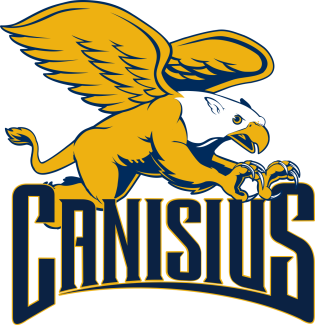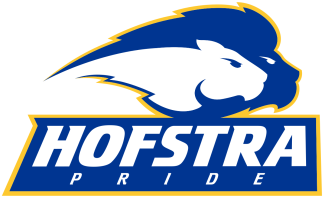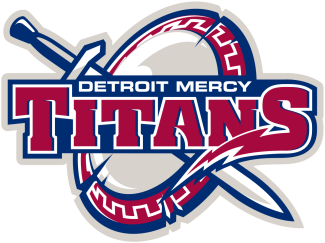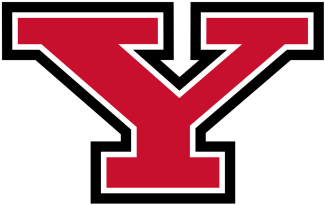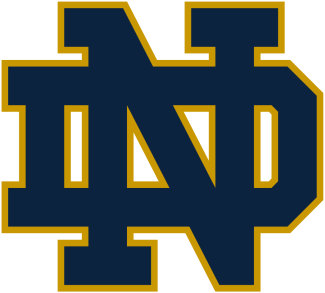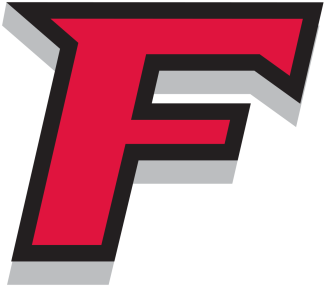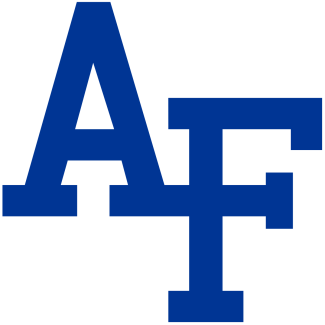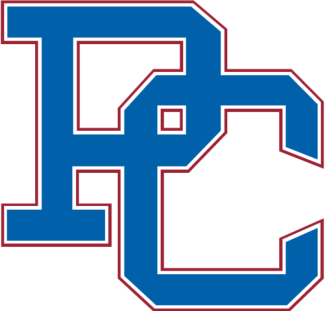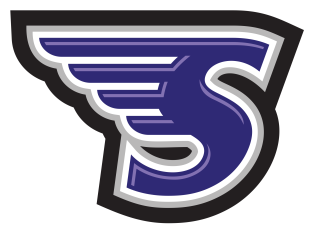R
ound 1 between the U.S. and Canada at the Wingate Institute delivered exactly what you would have expected — sterling highlights, edge-of-your-seat suspense, a lot of late-game intrigue and a little bit of bad blood. Shades of 2014 showed, as the Canadians expertly mixed methodical offensive possessions with quick transition strikes, precise passes into tight windows and spectacular one-on-one athleticism. The defending world champs scored three unanswered goals to take a 10-9 lead with 5:10 remaining.
Moreover, the U.S. went man-down on the play. But Galloway, dueling with reigning world championship MVP Dillon Ward, answered with a spectacular sprawling save on Curtis Dickson on the doorstep.
Danowski, playing midfield alongside Rabil and Schreiber, sent a low-to-high heater past Ward to tie the game at 10. Then it was Rabil’s turn. He ditched Canadian defender Tyson Bell with a roll dodge and scored on an overhand blast for the go-ahead goal with 1:10 left. Gurenlian won the ensuing faceoff and shot the ball out of the back of his stick. The shot went wide and out of bounds.
The U.S. had backup to retain possession, but Canada called for a stick check after noticing throughout the game that Gurenlian had trouble getting the ball out of the back of his stick after winning faceoffs. When an official turned Gurenlian’s stick upside down, the ball did not come out, resulting in a three-minute non-releasable penalty.
The U.S. defense, under siege all game, thwarted an extra-man opportunity for Canada in the final minute on a perfectly timed rotation by Joe Fletcher, who speared the ball out of Mark Matthews’ stick as the Canadian attackman attempted to swim past him. The ball sailed behind the goal, where Galloway gathered it off the ground and flipped it to midfielder Kevin Unterstein, who heaved it to the other end of the field as time expired on an 11-10 U.S. victory.
The intensity of the rivalry made an impression on John Danowski.
“As soon as we got off the bus, you could feel the heat,” he said.
That was only the round robin. Six days later, the enmity escalated.
U.S. goalie John Galloway corrals the ball after a save on Canada’s Curtis Dickson during a man-down possession late in the round-robin game.
A
t 9:58 a.m., John Danowski addresses the team in the locker room before its gold medal game at Netanya Stadium. For the sixth straight time in the quadrennial world championship, it has come down to the U.S. and Canada. Reserve goalie Jack Kelly, sidelined by a knee injury, will carry the flag.
“There is nothing that I’m going to say to inspire you,” Danowski tells the players. “What you have right in here, look around at each other, that’s all it takes — looking into the eyes of the guys next to you.”
The U.S. jumps out to a 2-0 lead. But Canada — with its symphony of isolation moves, backdoor cuts, pinpoint feeds and pretty finishes — scores four unanswered goals to close out the first quarter. It’s 6-4 Canada at halftime.
“That scouting report, learn it and burn it,” Tierney urges during the break. “We gotta play lacrosse now.”
The U.S. scores the only two goals of the third quarter to draw even at 6, buckling down with a big defensive stand at the buzzer.
As the teams enter the field for the final 20 minutes, you can cut the tension with a knife, both showing signs of the fatigue brought on by seven games in 10 days. It looks like Canada might repeat when Mark Cockerton twists his stick to score from the right side to put the Canadians ahead 8-7 with 5:17 remaining and Zach Currier checks the ball out of Trevor Baptiste’s stick on the ensuing faceoff.
Then all hell breaks loose.
A controversial offside call on Canada with four minutes left, Ryan Brown’s equalizer, a clutch faceoff win by Baptiste, a U.S. timeout with 2:55 left, the mad scrum for a loose ball that traveled from end line to restraining line before Schreiber draws a loose-ball foul, three great looks on goal (by Rabil, Jordan Wolf and Schreiber) that barely miss, and then Schreiber’s forever moment — it all happens seemingly in the blink of an eye.
“Chaos, pretty much,” Canada coach Randy Mearns says. “How come we’re not already at zero?”
Examine the final moments more closely, however, and you’ll see the qualities John Danowski sought to instill from the get-go.
The unselfishness of Matt Danowski plucking himself from play, gassed after the loose ball chase.
The veteran wherewithal of Crotty, who came in for Danowski and set the screen that gave Schreiber the sliver of space he needed on the final play. (“Thank God you mentioned that back pick,” says Danowski, Crotty’s brother-in-law. “If someone doesn’t recognize that back pick, he’s going to lose his mind.”)
The resilience of Pannell to keep probing and find Schreiber on the spot with a sidearm feed.
But no one’s perfect, not even Schreiber.
Throughout training camp, John Danowski stressed to the players that when cutting to the left pipe, they better have the stick in their left hand “unless you have a Canadian passport.”
Schreiber certainly won’t qualify for one now.
Left: Team USA’s Jake Bernhardt hits the deck in pursuit of the ball after jarring it loose from Canada’s Mark Matthews. Right: U.S. attackman Rob Pannell (3) grabs midfielder Tom Schreiber (13) after finding him for the game-winning goal with one second remaining.
W
hen the FIL names Schreiber the Most Outstanding Midfielder, he slips the gold medal off his neck before receiving his award, as if they could take that away too.
And when 17 of the U.S. players jump into the stands to sing a buoyant, if pitchy version of the national anthem in front of their families, Schreiber, whose father, Doug, played for the gold medal-winning U.S. team in 1974, is nowhere to be found. “Just getting my equipment,” he explains. “I was a little late.”
Some might say Schreiber was a little late when he delivered that dagger with precisely one second left, according to the official timekeeper on the field. The discrepancies between that, what showed on the Netanya Stadium scoreboard and what ESPN portrayed on its broadcast — not to mention the phantom offside call that cost Canada a possession with four minutes remaining and the Canadians ahead 8-7 — marred an otherwise riveting FIL World Championship final.
ESPN called it an “international incident” on the air. F-bombs rained from the Canadian sideline. It drew comparisons to the fiasco of the 1972 Olympic men’s basketball final.
In four days, the FIL would come out with a statement validating the time left on the clock when Schreiber’s shot crossed the goal line and acknowledging that the offside call “could have been made in error.”
Schreiber describes the last-second play as “schoolyard,” an unscripted moment when he and Rob Pannell locked eyes as he slipped through a hoard of players in front of the goal. Pannell says he saw two seconds on the scoreboard. Various other accounts will claim otherwise.
None of it matters now.
“A team had to make a play, and we were the ones to make it,” Matt Danowski says. “The game was won. It wasn’t given to us.”
The celebration takes Team USA from Netanya Stadium to nearby Shamrock Irish Pub and then Tel Aviv in the evening. In between, they convene one last time at the kibbutz, joined by family and friends around the perimeter of the blue chairs under the shade of the oak tree. A few days later, they’d return to their MLL teams, rivals in a heated playoff chase.
Galloway, for one, will find it difficult to separate the bonds of the circle.
“There’s 23 guys trained not to like each other for most of the year,” he says. “Somehow in 18 days, you found a way to love every one of the guys in the huddle.”
They’ll walk together forever.

